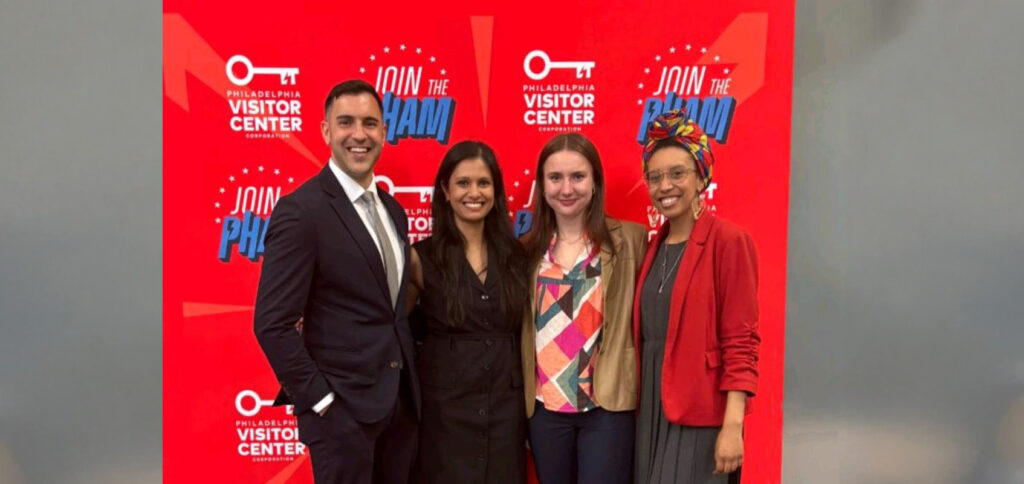Facing critical issues of violence, infrastructure & poverty, the city can’t push off progress for another year, writes Ceisler Vice President Brian Dries

Only 29 percent of Americans planned to make a New Year’s resolution for 2022, according to a CBS News Poll. That’s down from 43 percent a year ago. The lower figure could be because of the unpredictability of the past year and people not wanting the added stress of achieving personal goals while still living in a pandemic. Or, it’s because most realize that less than 20 percent of us actually reach their goal, so why even try.
No matter the reason, there’s little harm when a person doesn’t keep his or her resolution. But when more than 1.5 million residents and almost 30,000 businesses are relying on the City of Philadelphia to achieve its goals, falling short is not an option.

Philadelphia has an opportunity to seize 2022 and position itself for tremendous growth over the next decade. Now is the time to be bold and try new things that are calculated and benefit all Philadelphians and its businesses.
As city council returns this week, it faces many unresolved issues that are critical to putting Philadelphia on the right path forward. Of course, this city, like every other one, must continue to tackle the various waves of the COVID-19 pandemic. But Philadelphia is capable of walking and chewing gum at the same time.
Number one priority: Cure the violence epidemic. People will not want to live and work in the city if they do not feel safe. Curbing violence and getting illegal guns off the street requires an all-hands-on-deck approach. As the city’s top officials work around the clock to find effective solutions, they will also be monitoring the $155 million dollars allocated toward violence prevention efforts. The city made a major investment in finding a cure and many will want to know the return on investment. Constant reporting and clear communications will be essential to determine the efficacy of how these dollars are spent.
When it comes to tracking dollars, it will be equally important to monitor the investments made in developing communities, especially if the city is going to meet its affordable housing needs. With a greater focus on neighborhoods — rather than central business districts — the city must pursue investments that are equitable and supported by private capital to sustain growth offering new opportunities for people and families in every neighborhood. The city’s decision-makers need to tap into industry leaders who are standing by to partner with the city and make significant contributions and investments.
On a larger scale, Philadelphia can position itself as a great benefactor of the American Infrastructure Investment and Jobs Act in the form of billions of dollars in existing and new competitive funding. This isn’t mere change found under the couch. The city is looking at a potential pot of more than $50 billion over the next five years. This means funding for transportation, energy and power, broadband, environmental remediation — and all the jobs that come with those.
This is much needed money for Philadelphia’s aging infrastructure that can be extended over a five-to-eight-year roadmap. But the city will need to be competitive to receive much of the federal funding. In fact, two-thirds of the total pot available will require the city to compete with other major cities and government agencies.
If Philadelphia is successful, it will have access to many grants that can fulfill many needs — including bridges, SEPTA projects, sustainability and equity programs, carbon reduction, green and clean initiatives, safe and healthy streets, charging and fueling stations and much more.
Of course, those items only scratch the surface of Philadelphia’s priority list. The city’s leaders have other goals for 2022, including addressing diversity in government contracts, reducing tax burdens to create family-sustaining jobs, eviction protections, programs to help those suffering homelessness and drug addiction, establishing a public bank, and many more.
For most of us, resolutions are meant to be broken. For Philadelphia, it’s not an option. There’s too much at stake.

Brian Dries is a Vice President at Ceisler Media’s Philadelphia office.



